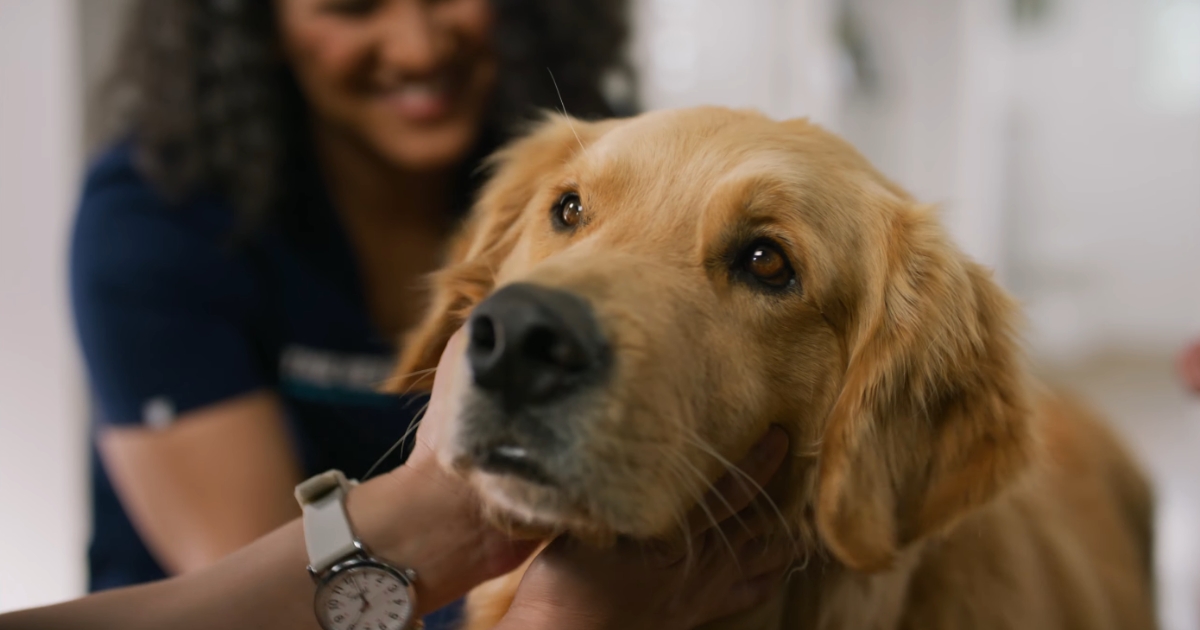Pets are more than just animals; they are family members who bring joy, companionship, and sometimes even a sense of purpose to our lives. Understanding the essentials of pet health is crucial in ensuring they lead a happy and healthy life. By embracing these aspects, pet owners can ensure their furry, feathered, or scaled friends enjoy the best quality of life.
Nutrition as the Foundation of Health
A pet’s overall health is significantly influenced by their dietary habits. Ensuring they have a well-rounded diet that caters to their unique requirements is crucial. This means considering factors like their age, breed, and health status. Pets need a diet that includes a range of nutrients – proteins, fats, carbohydrates, vitamins, and minerals – to support their overall health and wellness.
Feeding your pet involves customizing their diet to align with their current life stage. Whether it’s providing the right nutrients for growing puppies or kittens, maintaining balanced nutrition through their adult years, or making adjustments for the unique needs of older pets, each stage requires different dietary approaches.
Integrating dietary supplements, such as omega-3 fatty acids for better coat and skin health, can be advantageous for your pet. However, it’s always best to consult with a veterinarian before adding any supplements to their diet to ensure these are appropriate and beneficial for your pet’s specific health needs.
Proper hydration is another cornerstone of pet health. Ensuring your pet always has access to fresh, clean water is imperative, as dehydration can cause significant health problems.
Exercise and Physical Activity
Exercise is vital for pets to maintain a healthy weight, improve cardiovascular health, and support mental wellbeing. Regular physical activity helps prevent behavioral problems caused by pent-up energy and boredom.
The type and amount of exercise depend on the pet’s species, breed, age, and health condition. For dogs, this could range from leisurely walks to vigorous play sessions or agility training. Cats may enjoy interactive toys, climbing trees, or laser pointer games. Even small pets like rabbits or guinea pigs need time outside their cages to explore and exercise.
Including exercise makes physical activity enjoyable for both pets and their owners. This can include fetch, tug-of-war, or hide-and-seek. For indoor pets, create an enriching environment with toys and obstacles that encourage movement and exploration.
Regular exercise also strengthens the bond between pets and their owners, providing a fun and rewarding way to interact. It’s important to observe your pet’s response to exercise and adjust the intensity and duration accordingly to avoid overexertion.
Preventive Health Care
Preventive healthcare is essential in ensuring your pet lives a long, healthy life. Your pet’s routine wellness care costs can really add up though. That’s where pet insurance, like coverage offered by Lemonade pet insurance, could come in handy. Adding one of Lemonade’s Preventative Care Packages could help with expenses you’re already spending money on to keep your pet healthy—like your annual wellness exam, vaccines, parasite control, and more.
Routine vet visits are crucial for early detection and treatment of health issues. During these check-ups, vets can assess your pet’s overall health, administer necessary vaccinations, and provide advice on diet, exercise, and care.
Vaccinations protect pets from various diseases, some of which can be life-threatening. Your vet can recommend a vaccination schedule based on your pet’s lifestyle, age, and health risks.
Parasite control is another key aspect. Fleas, ticks, and worms can cause significant health problems. Regular use of preventives can keep these parasites at bay.
Dental care is often overlooked but is vital for pets. Poor dental health can lead to serious issues like gum disease and infections. Brushing your pet’s teeth, providing dental chews, and regular dental check-ups are ways to maintain oral health.
Mental Health and Enrichment
Mental health is as important as physical health for pets. Pets can experience stress, anxiety, and boredom, which can manifest in destructive behavior, vocalization, or changes in eating habits.
Enrichment activities are crucial in maintaining your pet’s mental well-being. This includes interactive play, training, socialization, and mental stimulation. Toys that challenge your pet mentally, like puzzle feeders, can keep them engaged and mentally sharp.
Creating a stimulating environment is also important. For indoor pets, ensure they have access to windows, perches, and safe toys. Outdoor access, under supervision, can be beneficial for pets to explore and experience new stimuli.
Social interaction, whether with humans or other animals, is essential for most pets. Regular interaction helps them stay socialized and prevents feelings of loneliness or isolation.
Observing your pet’s behavior is key to understanding their mental health needs. Changes in behavior can indicate stress or discomfort, signaling a need for adjustment in their environment or routine.
Grooming and Hygiene
Grooming and hygiene are crucial for your pet’s health and comfort. Regular grooming helps keep your pet’s coat clean, reduces the risk of skin infections, and allows for early detection of any abnormalities like lumps or parasites.
Different pets have different grooming needs. Dogs may require regular baths, brushing, and nail trimming, depending on their coat type. Cats typically groom themselves but may need help with long fur as they age.
Special Considerations for Senior Pets
As pets age, their care needs change. Senior pets may face challenges like decreased mobility, vision or hearing loss, and more susceptibility to diseases.
Adjusting your home environment to accommodate an aging pet’s needs is important. This might include providing easier access to food and water, comfortable bedding, and reducing the need to climb or jump.
Be vigilant for signs of discomfort or illness in senior pets. Regular veterinary visits become even more critical as pets age. Your vet can help manage age-related health issues and advise on any necessary changes to diet or lifestyle.
Closing Thoughts
Maintaining your little friend’s health involves a comprehensive strategy that includes proper nutrition, regular exercise, preventative healthcare, mental health, grooming, specific needs for older pets, and readiness for emergencies. By focusing on these key aspects, pet owners can help their pets lead long, joyful, and healthy lives.
It’s important to remember that every pet is distinct, and their care should be customized to fit their unique needs. Through devoted care, affection, and appropriate attention, pets will flourish and remain valued members of the family.















